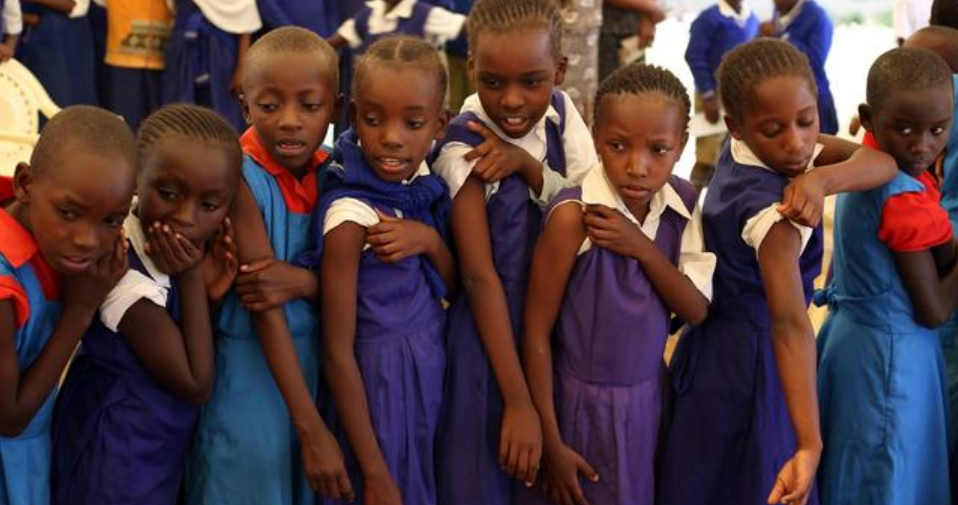The United States plans to stop funding the Global Vaccine Alliance (Gavi), which assists developing countries to buy vaccines to protect their children, according to a spreadsheet obtained by the New York Times.
Gavi is one of the 5,341 US Agency for International Development (USAID) grantees that the US intends to cut, according to the 281-page spreadsheet sent to Congress this week.
The US covers 13% of Gavi’s budget, and its vaccine programmes are estimated to have saved almost 19 million lives over its 25-year existence.
Responding to the news on X, Gavi said that it could save “over eight million lives over the next 5 years and give millions of children a better chance at a healthy, prosperous future.”
An investment in Gavi will also keep the US safe, it added: “By maintaining global stockpiles of vaccines against deadly diseases like Ebola, mpox and yellow fever we help keep America safe. These diseases do not respect borders, they can cross continents in hours and cost billions of dollars.”
“Every dollar we invest in lower income countries generates a return of $54. This helps countries develop and communities thrive, taking away pressure to migrate in search of a better life elsewhere.”
‘Political decision to ignore science’
Public Citizen’s Liza Barrie said that the Trump administration’s decision “abandons 25 years of bipartisan commitment to global immunisation and undermines the very systems that help prevent deadly outbreaks from reaching our own doorsteps”.
“The administration is walking away from a $2.6 billion pledge — jeopardizing routine vaccinations for 75 million children over the next five years,” said Barrie, who heads the organisation’s global vaccine access programme.
“This isn’t fiscal responsibility. It’s a political decision to let preventable diseases spread— to ignore science, lend legitimacy to anti-vaccine extremism, and dismantle the infrastructure that protects us all,” she stressed, adding that Congress has authority over foreign assistance funding.
“The administration’s attempt to unilaterally walk away from its Gavi commitment raises serious legal questions and should be challenged. Lawmakers must stand up for the rule of law, and for the belief that the value of a child’s life is not determined by geography.”

The US also plans to ditch the United Nations Food and Agriculture Organization, which tracks zoonotic diseases despite the US being in the midst of a months’ long H5N1 outbreak in cattle that has also infected farm workers.
Only 898 grantees will be retained, including scaled back support for HIV and tuberculosis and food aid during humanitarian crises.
Around 60% of grants for the US President’s Emergency Plan for AIDS Relief (PEPFAR) were administered by USAID and at least eight countries are on the brink of running out of HIV medicine.
Only 869 USAID staff are still in office out of over 6,000 and the US State Department has taken control of the agency.
Earlier, Health Policy Watch reported on a leaked plan for US foreign aid which would see a new body, the Agency for International Humanitarian Assistance (IHA), take over the remnants of USAID.
The plan envisages three “pillars” for future aid thematically organised as “safer”, “stronger”, and “more prosperous”.
The “safer” pillar will cover “humanitarian assistance, disaster response, global health and food security” under a new body, which will fall under the State Department.
US Vice President JD Vance is in charge of deciding on the future of USAID.
@Health Policy Watch News





